Introducing Myself
Today’s story is a little different — it’s mine.
My own stories and professional experiences are wound up in my writing — that’s the background I want to share today.
Greetings! I’m Andra Belknap (hard A and a silent K) — the voice of Local Hero. I was born and raised in Ojai and, like many children of the valley, I got the hell out once I graduated from high school in 2005. This is the story of why I left, why I returned, and how I’ve come to know that writing and reporting is the work I’m meant to do.
This tale begins in 2004 — with then-Illinois State Senator Barack Obama’s keynote address to the Democratic National Convention (DNC). Obama’s speech was one of the last things I recorded on VHS — I played it for my family and eventually memorized the thing. It was the rare piece of media that gave me goosebumps. His words were a picture of the future, one I desperately wanted to make true.
Four years after that pivotal tape recording, I found myself with my first full-time job on Obama’s presidential campaign and a temporary residence in Tampa, Florida. I was 21 years old.
Thinking back on the Obama campaign, the first memory that comes to mind is of July 4, 2008. I’d lived in Florida for a week and had successfully befriended one co-worker: a man from Chicago, Dan, who had spent the previous year traveling the country on Obama’s behalf.
As each other’s only friend in the Sunshine State, Dan and I decided to spend the Fourth of July holiday together at Clearwater Beach. He picked me up at my Tampa housing — a spare bedroom donated by generous campaign supporters. Dan’s car was full of Obama for America campaign lit, yard signs, and the remnants of meals eaten in traffic. This is not a trait exclusive to Dan — the vast majority of campaigners in the thick of an election year present as though they live full-time in their vehicles.
We returned to Tampa after dark, traveling across the Clearwater Memorial Causeway. As we drove the four-lane bridge, I heard a symphony of booms overhead: fireworks. We pulled over to take in the scene, reflections of the explosions above sparkled in the ocean below. I’ll never forget the feeling of that moment. I felt as though I was on the precipice of something grand. Something life-altering. Something historic. I felt that it had never been so important that I gave everything I had to this campaign. We all did.
You know what happened in November. After finishing my final semester in college, I followed the nascent Obama Administration to Washington, D.C. My early 20s included a lot of The West Wing cosplay1 —— I moved from a White House internship to communications roles in the U.S. House of Representatives and the U.S. Environmental Protection Agency (EPA). I wore badges. I visited the Oval Office and staffed Congressional hearings and aided famous politicians. Somehow I had achieved my professional dream by 25. It was exciting and personally validating — but I couldn’t live on it. And while I was outwardly succeeding, I was empty inside. I felt like a robot, costumed in a uniform from Banana Republic, tethered to a Blackberry. The low-grade melancholy that has followed me for much of my life became deep depression.
At the same time, my family was — shall we say — reorganizing itself in dramatic fashion. I felt alone and directionless. Even though there was a clear path in front of me, I no longer felt it was mine to follow. It was a classic quarter-life crisis and I was searching for meaning — the kind of inspiration and clarity I found in that DNC speech. That’s when I discovered the Folger Shakespeare Library — a theater walking distance from my first apartment (and the U.S. Capitol). I developed a routine of reading the work, and then watching the play live. In the dark of the theater, I felt that soaring feeling of inspiration again. It was the same feeling that emboldened me to move across the country to elect President Obama. Slowly, I realized that it wasn’t necessarily politics that made my spirit soar — it was story. It was the magic of joining a narrative larger than myself.
That’s when I made one of the bolder decisions of my life: I quit my job in the Obama Administration and abandoned my coveted presidential appointment. I made a pivotal course correction and began working in theater and studying performance. My voice, quiet and wavering as a child, became stronger. I began to feel something I’d never felt before: innate power and self-worth, completely separate from my professional accomplishments.
What I grew to love about theater in D.C. is how absolutely subversive it can be — it challenges power and politics mere blocks from the seat of the American government. It challenges us to think about new ways of living and inspires us to take action. That’s what story can do.
Still, I missed California. I missed Ojai. I missed the feeling of the Earth on the bottoms of my feet, without concrete in between. So, when I noticed that the Ojai Valley News (OVN) was looking for a new reporter, it felt like a life raft was offering me a ride home. After years of writing talking points and press statements — I had the chance to be on the other side of public service. Reporting was a job I knew I could do (even though I’d never actually done it before).
So, after a decade away, I came home. The community I returned to in 2016 was basically the same as the one I left, but amplified. Ojai has been a location for wealthy tourists, particularly the Los Angeles variety, for as long as I can remember. Now, it was just more obvious, more surface-level. Scenic driving tours of Ojai are nothing new, but the branded jeeps cruising the valley were. Visiting celebrities aren’t unusual2, but paparazzi presence and reality show documentation were. The outrageous income inequality that the Occupy Wall Street movement called attention to a few years prior was on full display in Ojai, in the interactions between service economy employees and those paying for their time.
As I came to know my community again, I found two passions collide: storytelling and government. I found a love for helping my community understand the mechanics of local government, deepening readers’ understanding of how national trends manifest locally, and highlighting the local heroes who make our community work. I found real beauty in the story of a mail carrier who offers support when a long-time customer experiences tragedy; a once-homeless woman who found her way out and helps others do the same; an elderly man who attends every City Council meeting, scrutinizes every staff report, and commits to doing so until he is no longer alive.3
I should note that much of my OVN reporting occurred against the backdrop of the 2016 elections and the early Trump Administration.4 However, the mechanics of the federal government rarely made its way into my local reporting — until Trump and associates empowered the U.S. Immigrations and Customs Enforcement Agency (ICE)5 to racially profile Latinos across the country — including right here in Ojai. I began to feel confined by journalistic objectivity. It was as though I was smothering one of the most important parts of myself, the part that refuses to be “objective” about discrimination. So, I hopped back into the career I thought I had left behind. I thought I was out… then they pulled me back in.
I met Lauren Underwood over the phone in 2018. She and I have a few important things in common, aside from being the same age: we both worked in the Obama Administration and felt called to protect what the Trump Administration was actively dismantling. More personally, we’re both women with chronic health conditions. For her, it’s a heart condition. For me, it’s epilepsy. We both knew the fear of losing our health insurance. Our hearts dropped every time the Republican party tried to decimate the Affordable Care Act6 — which outlawed the practice of discriminating against people with pre-existing conditions (i.e. those who are expensive to insure). And we shared a commitment to do whatever we needed to flip control of the House of Representatives (it was controlled by a Republican majority at the time). Lauren — a Black woman who grew up in Naperville, IL — was mounting a highly unlikely run for U.S. Congress, and, based on one phone call, I packed my bags, quit my job, and moved to Illinois.
I guess you could say I’m prone to impulsivity. But really, I felt that I was going where I was needed. That’s the real thing I’m drawn to, like a moth to flame.
Time moves quickly on the campaign trail — it’s a literal race to the finish line. Suddenly, it was the night of November 6th, 2018 and I was at a convention center with thousands of Illinoisans. I was alone in an elevator when I began to hear a chant: Lauren’s name, louder and louder and louder. That night, she became the youngest Black woman ever elected to the U.S. Congress.
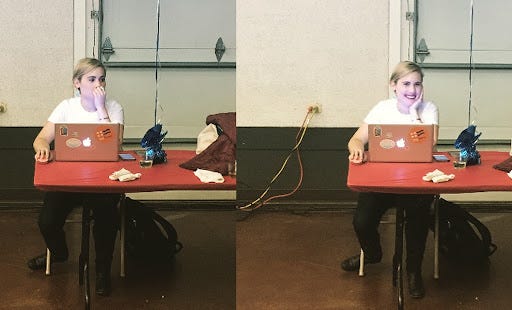
It was exactly ten years since Obama’s 2008 victory. Standing in this crowd of thousands, I live-streamed Lauren’s victory speech — which I’d spent the past few nights writing. Tears streamed down my face while my hands held my phone aloft. The footage is shaky — because I was shaking. I’d spent so much time writing the victory speech, that I never finished a concession speech. Good thing we didn’t need one.
In the early days of the 2018 campaign, a Vogue reporter asked Lauren about her decision to run. “I’m a 31-year-old Black woman,” she responded. “No one was like, ‘Girl, you’re the one.’” She did that herself — she’s a normal person who chose to walk an extraordinary path. Working with Lauren, I saw once again how impactful one person’s story can be. I saw how her courage inspired others to take action they had never thought possible before. In the years since 2018, some of our most committed campaign volunteers have run for office — and won. They watched Lauren, and in her example, saw what was possible for themselves.
These ordinary stories of bravery are why I do what I do. Because stories matter. Because ordinary people do extraordinary things. Because the rules of our government and society are shaped — and changed — by people just like you and me and Lauren.
And I suppose that brings me approximately to the present. Lauren and I worked together again in 2020 — a rather traumatizing election cycle, though we were successful — and I continue to write speeches with her. But I never moved back to D.C. Because I feel that the place I’m needed most is my own community.
I feel — I know — that journalism is its own public service. And in a time of misinformation, erosion of local journalism, and active threats to our democracy, I feel that my fluency in government and politics is what I have to give. In this space, I aim to use my particular perspective to help us get beyond the day-to-day dramas, figure out what’s true, and examine what it all means, for Ojai and beyond.
Readers may be wondering — given my history in politics — about my agenda. Do I have one? Yes. Absolutely. I want to empower readers with the information needed to meaningfully interact with our government. I feel that I’m in the business of explaining the how and the why of government, empowering people with facts, and ultimately, communicating what’s possible.
If you enjoy these reports, please recommend Local Hero to a friend. I’ll be back with another report on the Ojai City Council later in the week. 💛
I fancied myself a female Sam Seaborn, or a C.J. Cregg without the podium duties.
I’m old enough to remember Ellen and Anne (RIP).
The kind of senior citizen I hope to be one day!
No, I did not see it coming.
Part of the U.S. Department of Homeland Security, which was established in 2003. It’s a relatively new agency. And I think that’s important to know.
AKA “Obamacare”

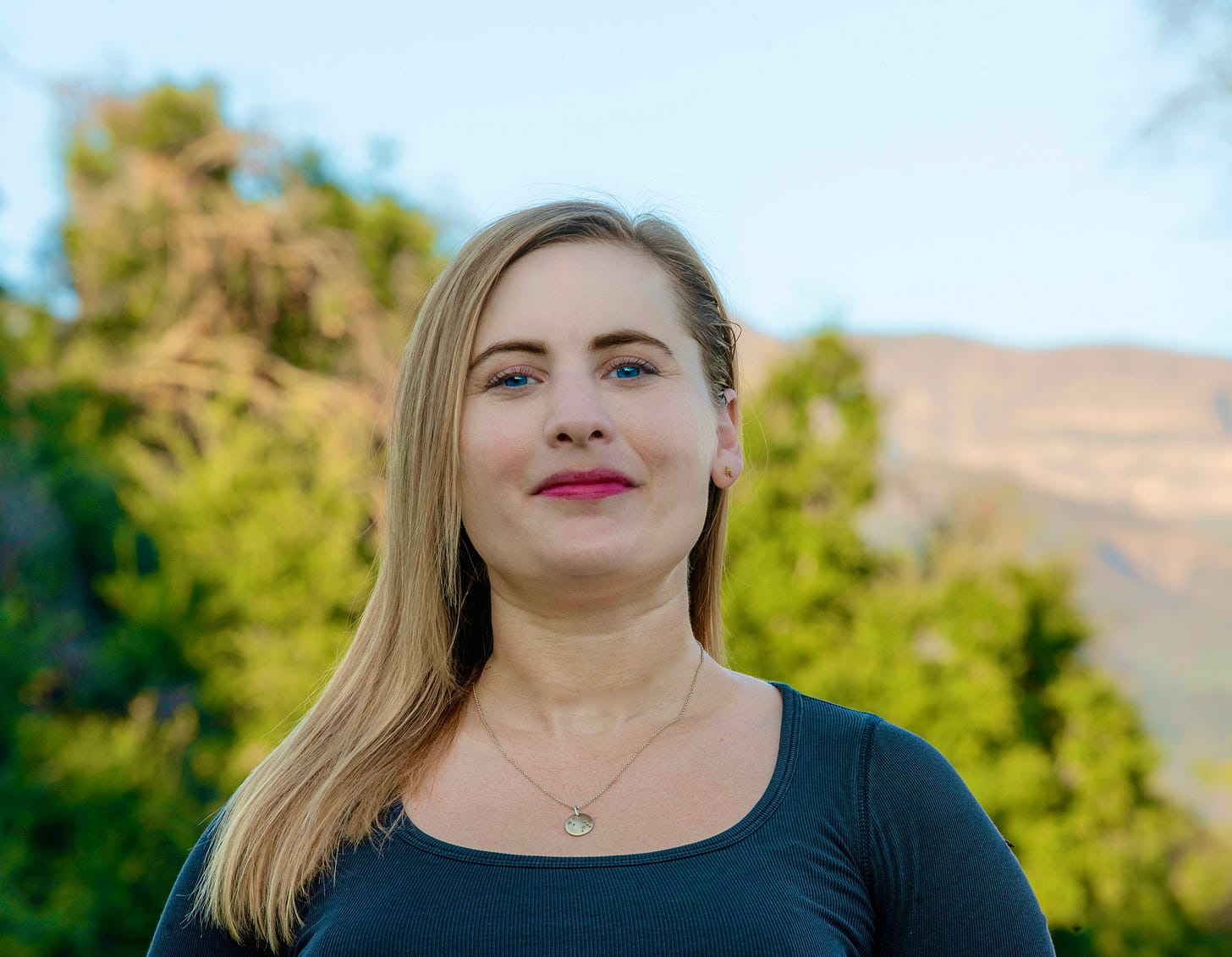

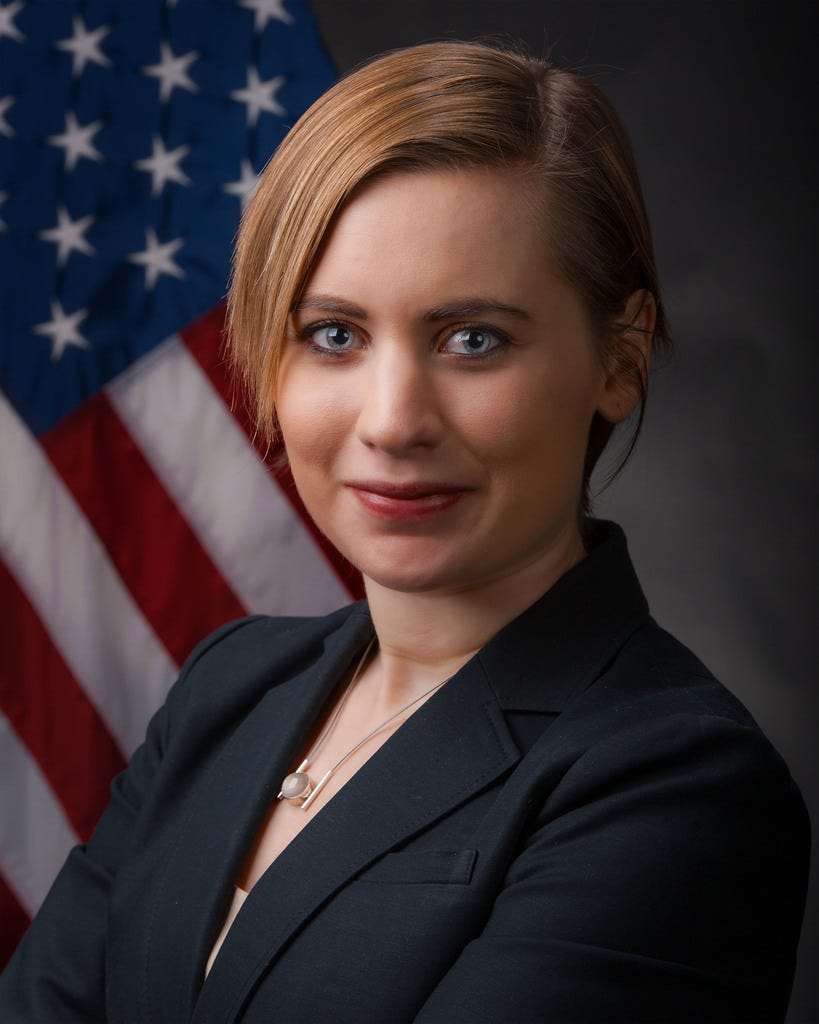
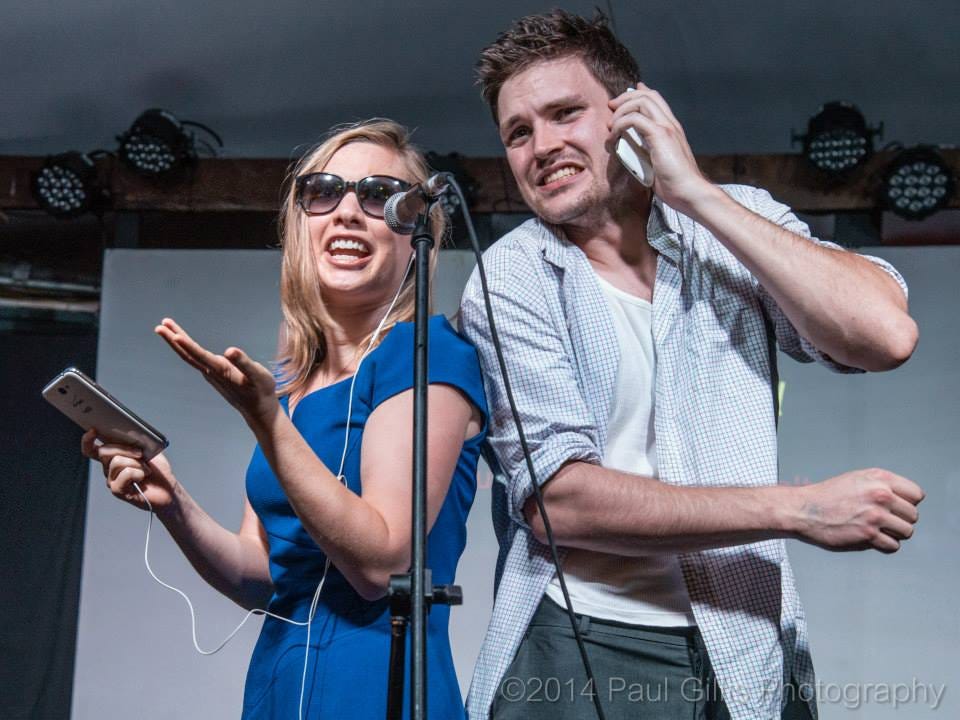
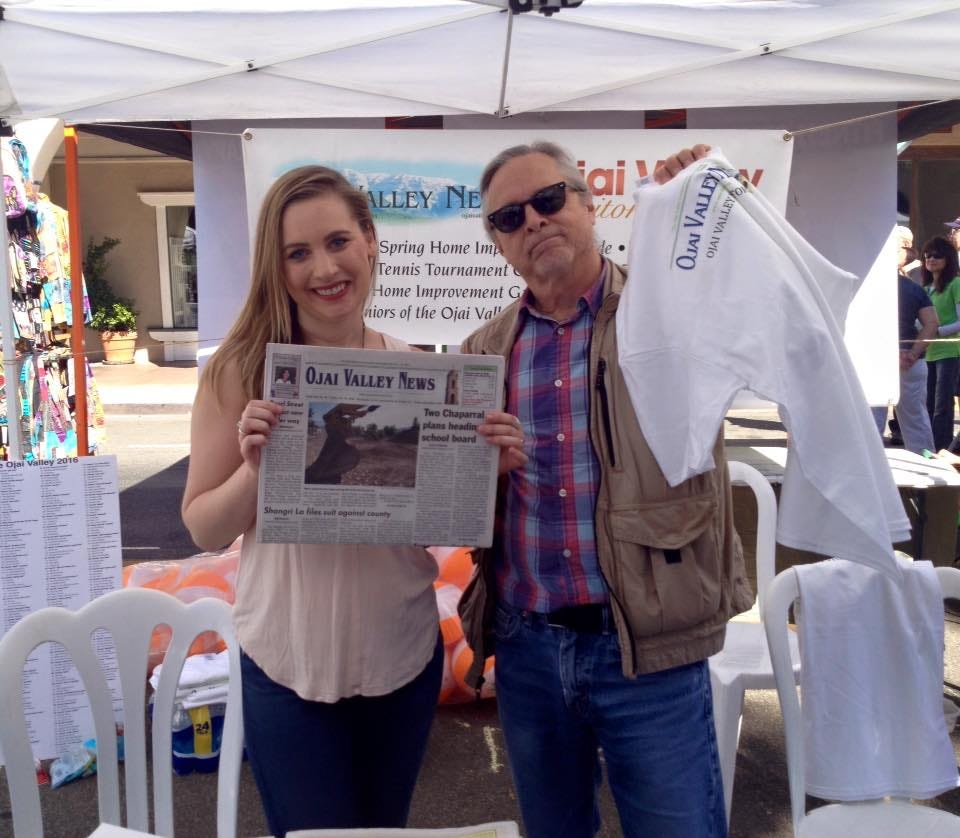
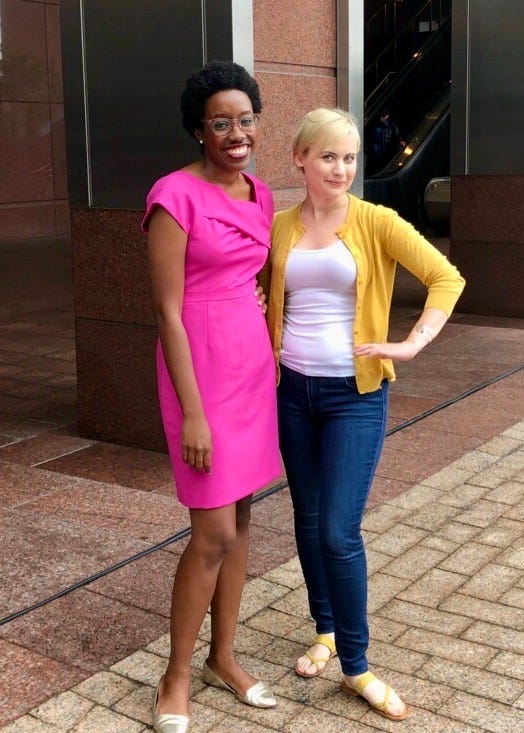
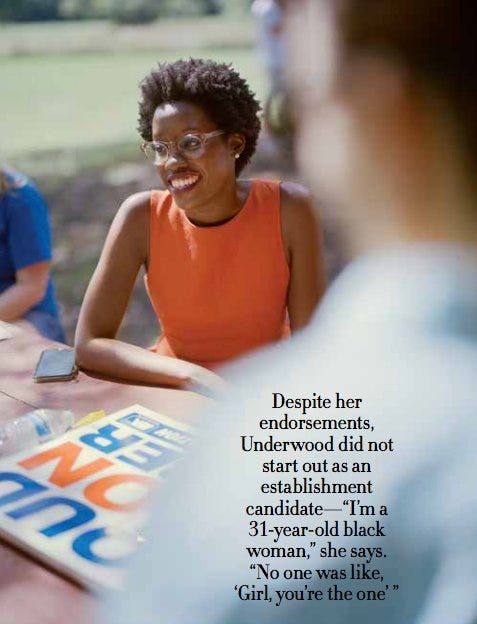
Thank you for your stories and your excellent footnotes it makes for a wonderful feeling of freshness and clarity -earthy clarity! to what I am understanding.
So glad to see you back in Ojai!